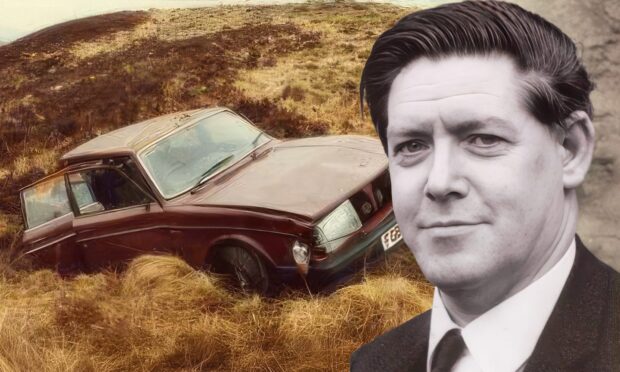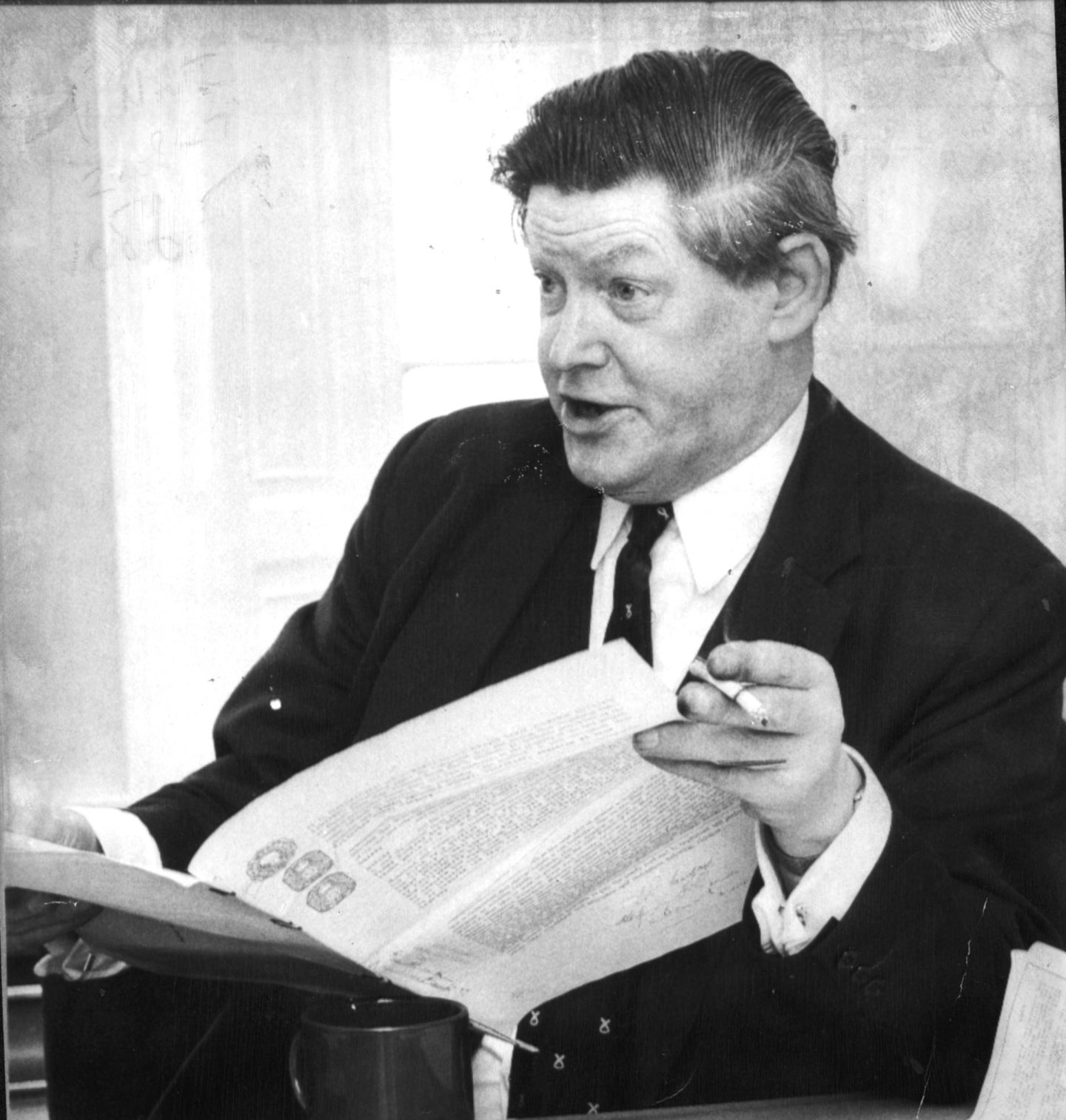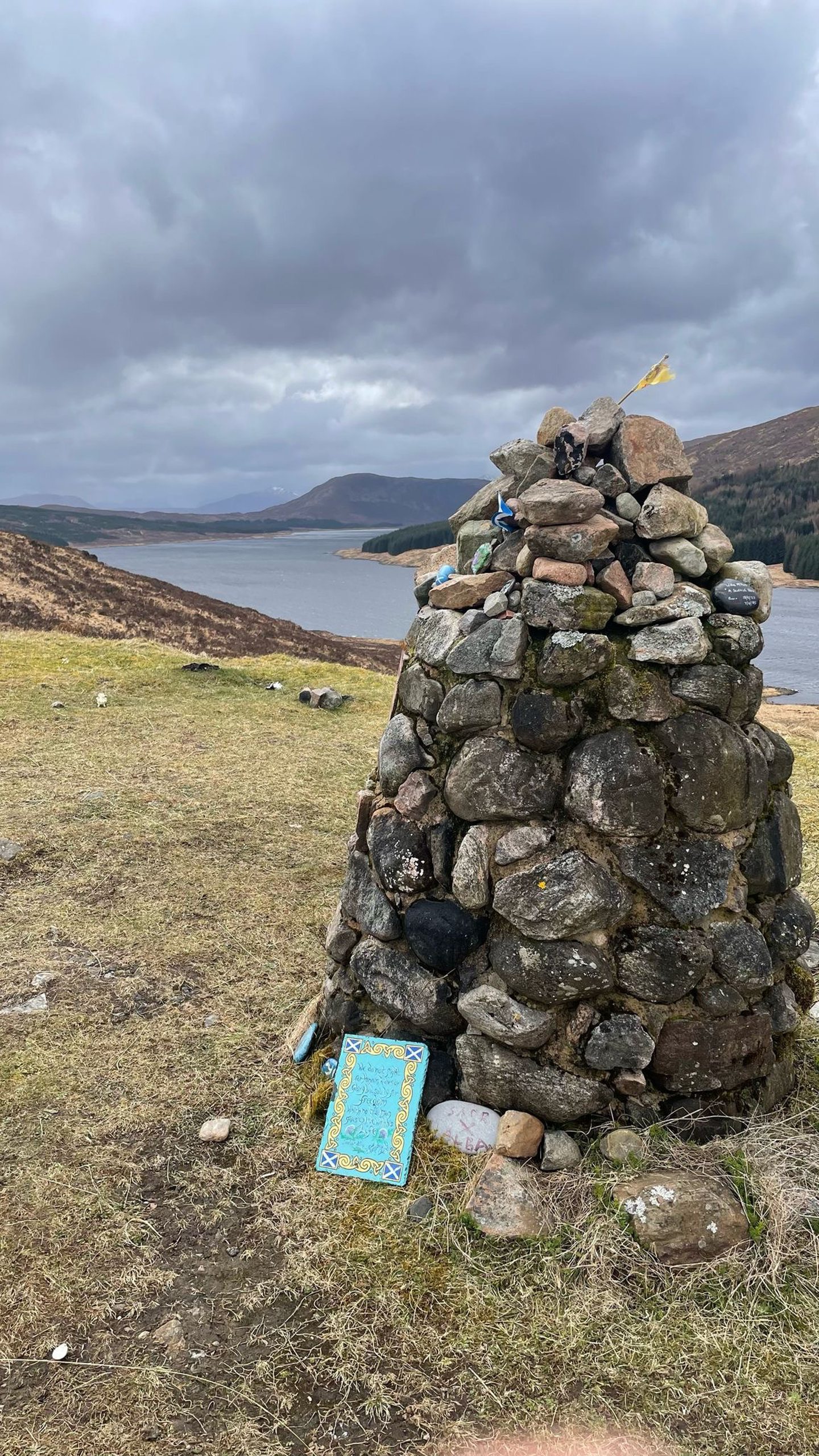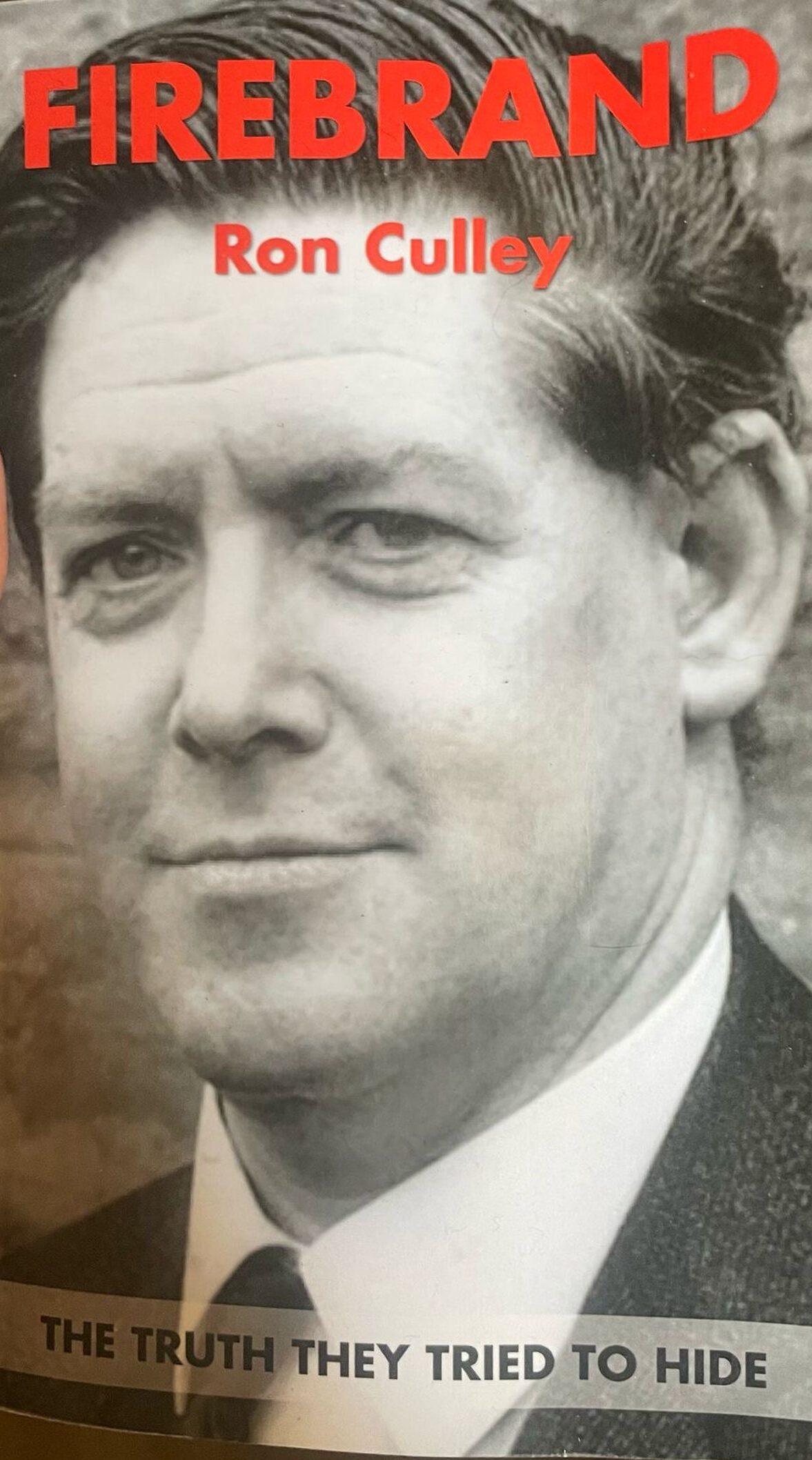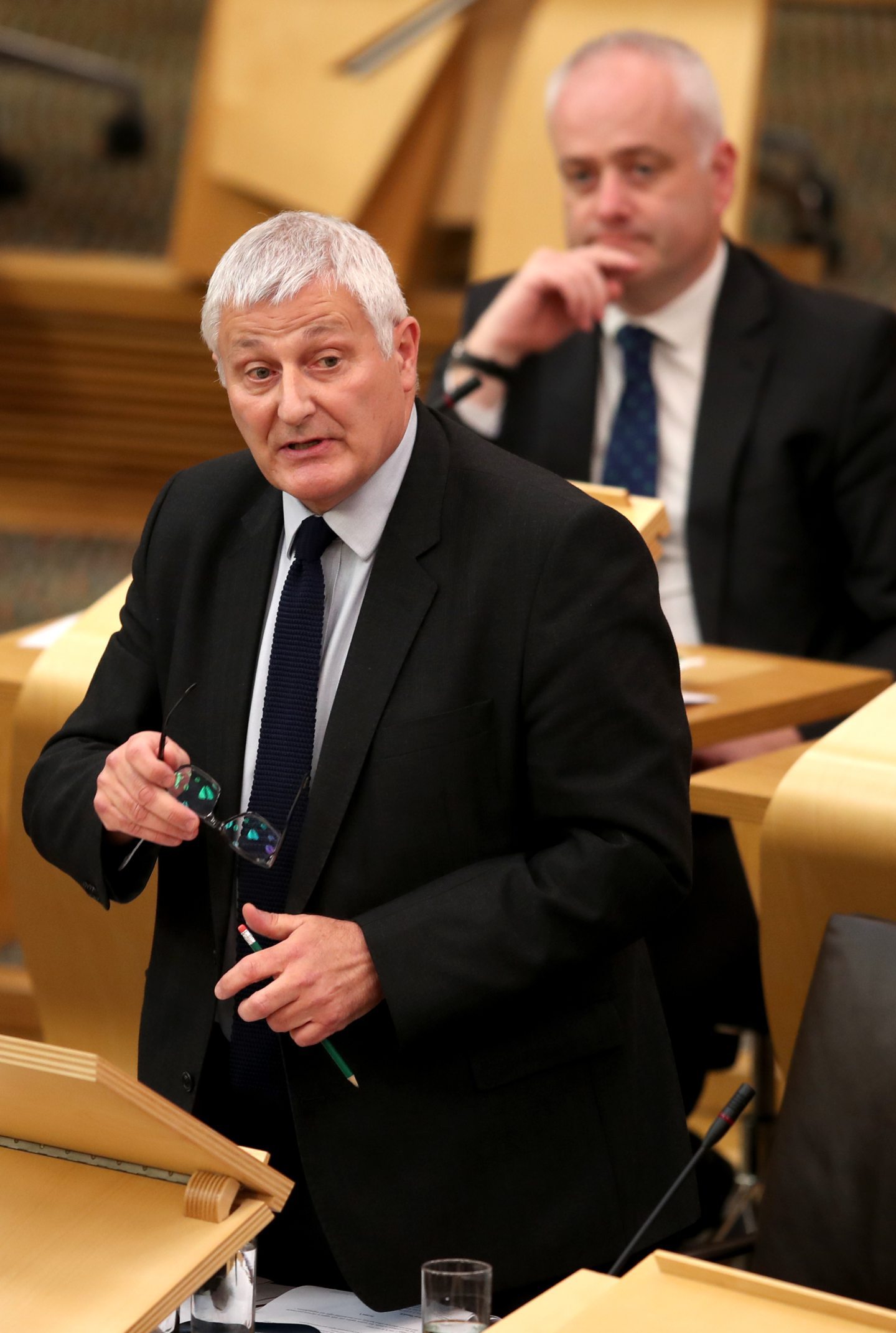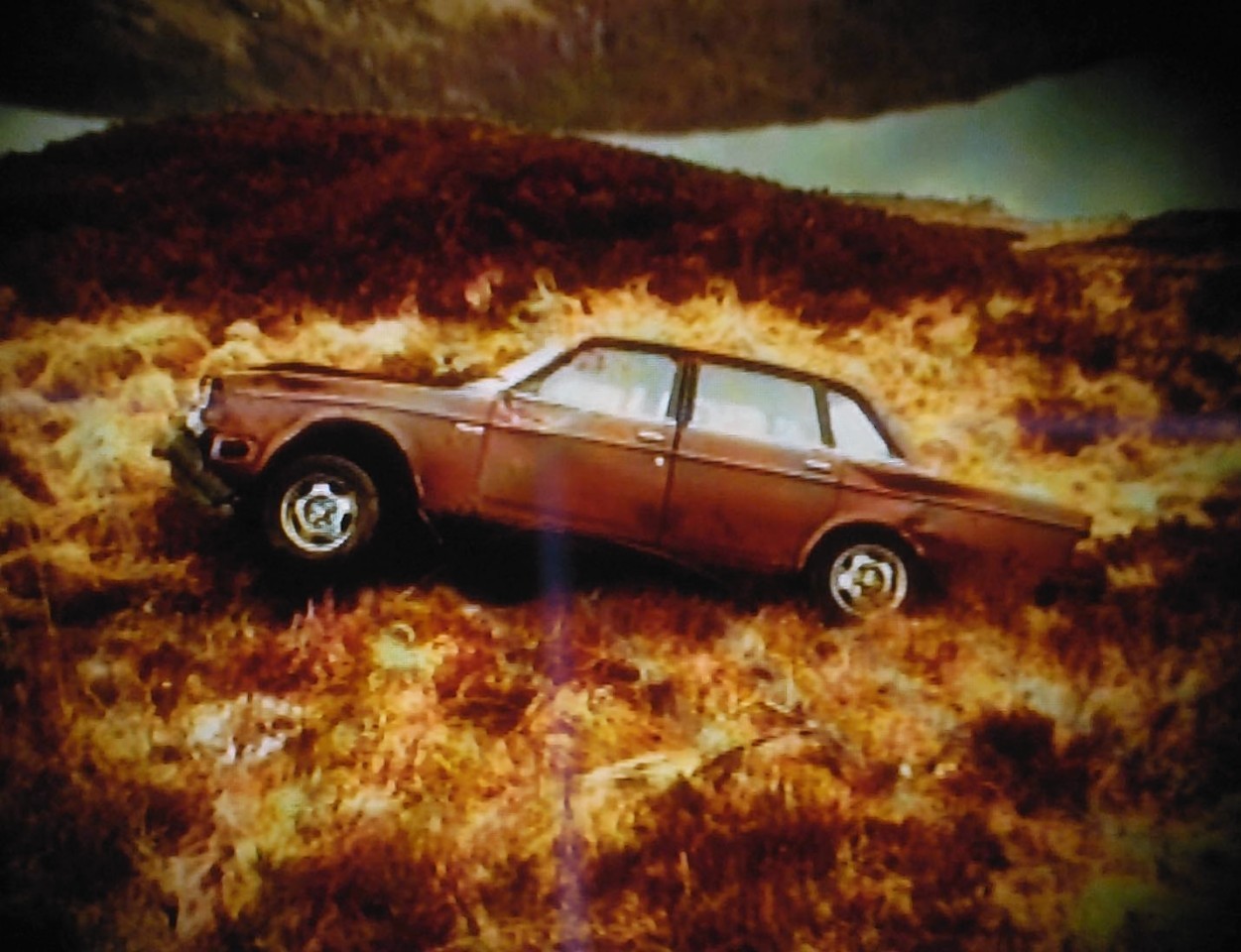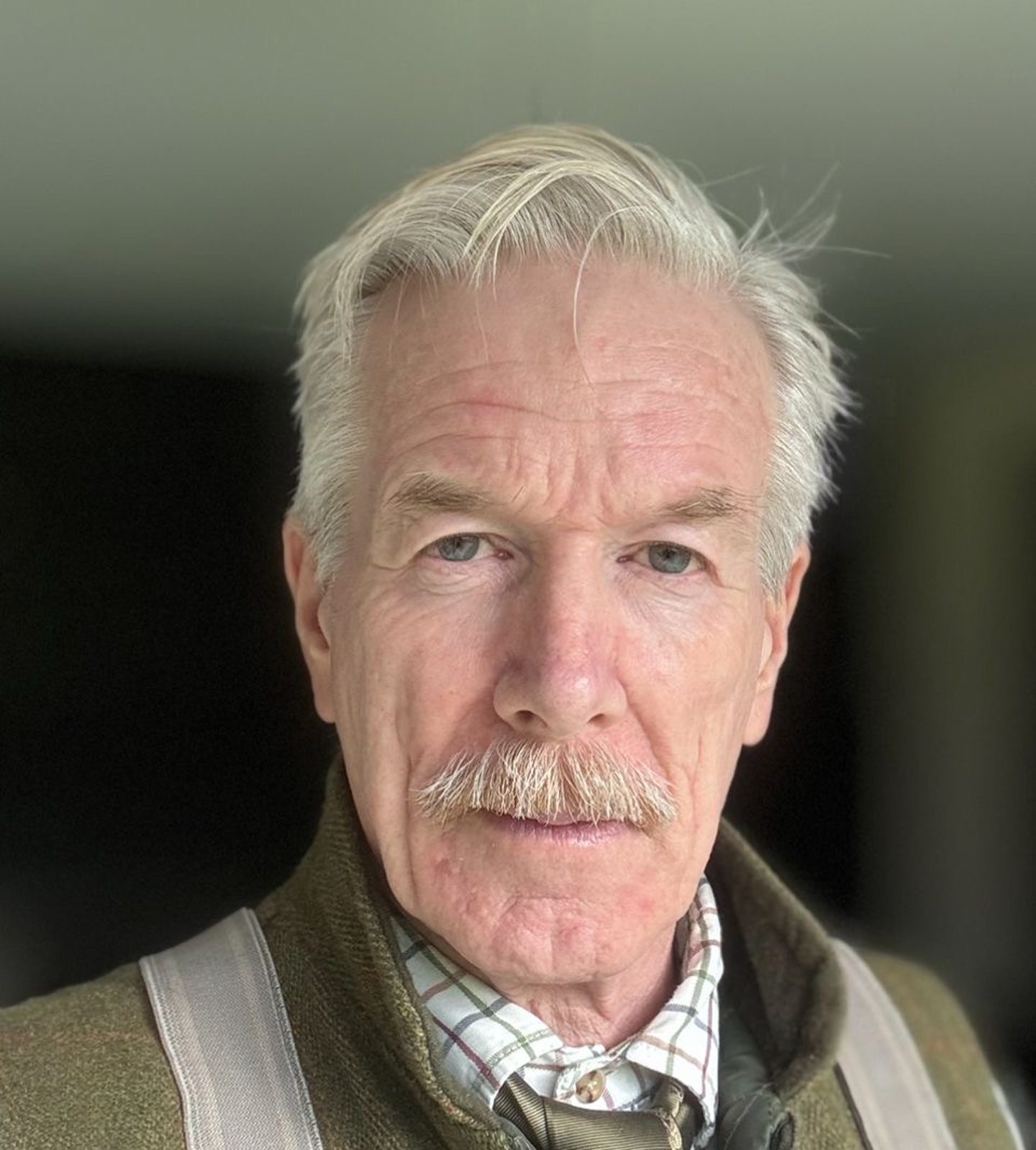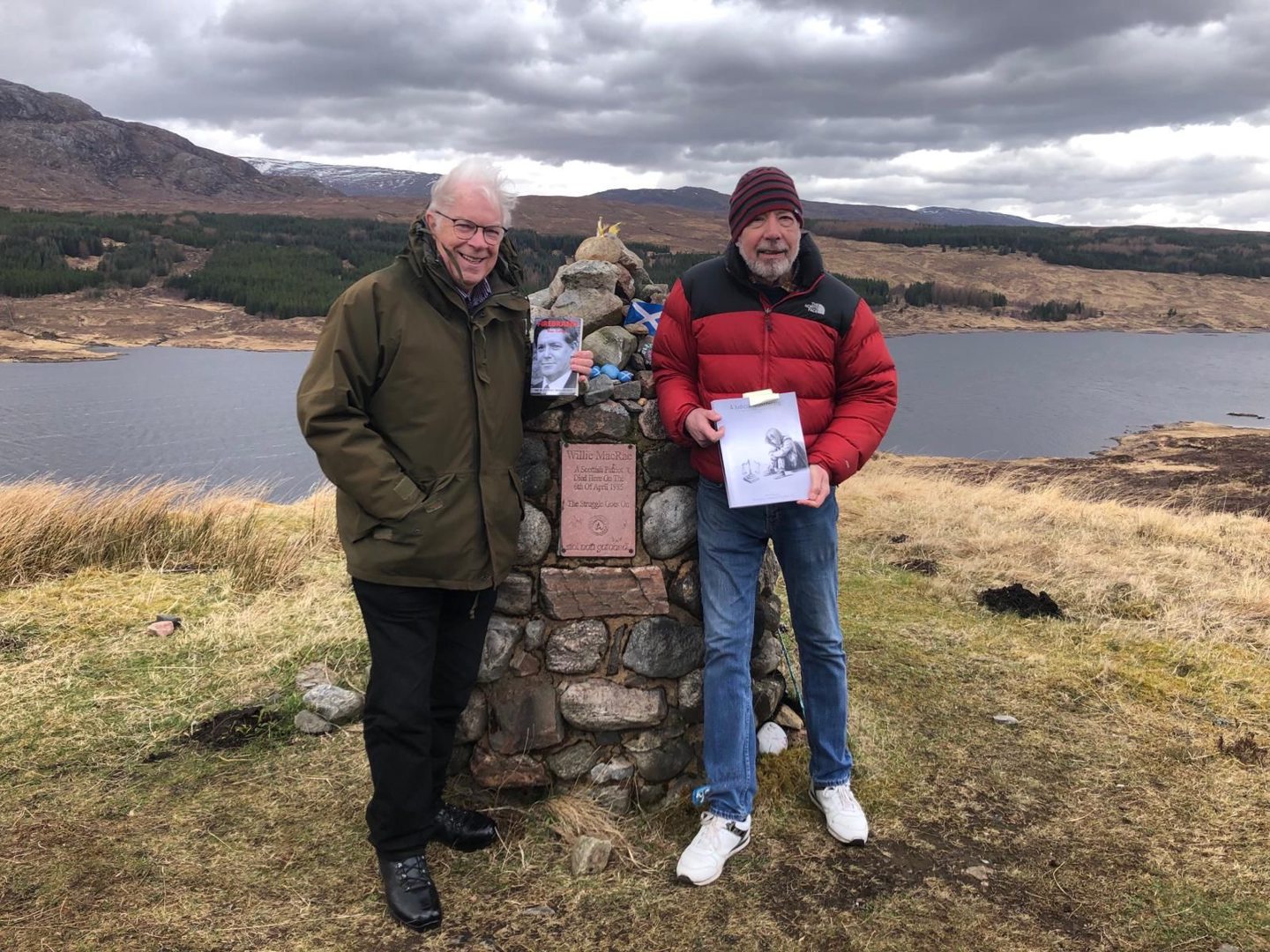It’s one of the great mysteries in Scottish political history: the death of prominent lawyer, former soldier, anti-nuclear campaigner and SNP vice-chairman Willie McRae in April 1985.
When you are examining the evidence, one route takes you down the X-Files rabbit hole into a conspiracy to hush up an establishment-backed murder in the Highlands.
The other leads you towards a more prosaic, but problematic story of a high-profile suicide, followed by a police investigation which drew critics from within the force itself.
The case has certainly attracted more interest than most other deaths in Scotland and continues to exert a grisly fascination.
TV companies are interested in it
It has been the catalyst for vigils, dramas, podcast investigations, and has piqued the curiosity of everybody from Rebus author Sir Ian Rankin to former Taggart star Alex Norton and ex-policeman John Finnie, who later became an MSP.
There have been a couple of plays which toured Scotland, at least one in-depth book, Firebrand by Ron Culley, a Channel 4 documentary, and such media reports as The Press & Journal’s front page in 1990 – on the fifth anniversary of Mr McRae’s death – which revealed the story of “Nurse X” who contradicted the official version of events.
Even now, 40 years later, with many of his friends no longer with us, a commemorative event is being held to honour his memory today.
And it’s understood the ceremony may be attended by a representative from one of the world’s major TV streaming companies.
The young McRae, who became a lieutenant commander and aide-de-camp to Admiral Lord Mountbatten during the Second World War, was one of the sharpest forensic minds of his generation and often described as a dazzling orator.
He took on nuclear lobby and won
In both of the 1974 General Elections, he stood for parliament as the SNP candidate for Ross and Cromarty and only lost the latter to Conservative Hamish Gray by 633 votes.
As a vocal critic of the British nuclear lobby, he was a significant and ubiquitous figure in a campaign against the United Kingdom Atomic Energy Authority’s plans to dispose of nuclear waste in the Galloway Hills.
Representing the SNP at a public inquiry, Mr McRae eviscerated the UKAEA and declared: “Nuclear waste should be stored where Guy Fawkes put his gunpowder.”
The authority’s plans were rejected, and he was credited with “single-handedly” preventing the area from becoming a nuclear dump.
He was a Marmite character
Yet there were problems burbling under the surface, springing both from his zealous passion for controversial causes and – still disputed – allegations that he was an alcoholic who suffered from depression or even Post Traumatic Stress Disorder.
He was loved and loathed in equal measure, but at least until his fateful final trip to the Highlands, nobody could ever silence this restless individual.
On April 5 1985, Mr McRae left his Glasgow flat at 6.30pm to spend the weekend at his cottage at Ardelve in Ross-shire.
It should have been a restful break, but he was not seen again until the next morning around 10am when two Australian tourists, Alan Crowe, an airline pilot, and his wife Barbara, spotted his maroon Volvo saloon.
He was found slumped unconscious in his crashed vehicle near Invergarry and taken to Raigmore Hospital in Inverness, and then Aberdeen Royal Infirmary, where medical staff discovered a bullet wound in his head.
He subsequently died.
The mystery has never gone away
A gun was later discovered 60 feet from Mr McRae’s car, one of several issues which sparked intrigue as to what had happened in that remote location.
There was no fatal accident inquiry (FAI) and though his death was recorded as suicide, it was subsequently claimed that he was investigating allegations of child sex abuse by politicians. This was dismissed by the authorities, but it didn’t stop the speculation.
It’s not unusual for suspicions to be kindled when a leading public figure dies. But one of the more unexpected developments in the search for answers to Mr McRae’s fate has been the involvement of police officers demanding disclosure from the powers-that-be.
In 2015, former officer Mr Finnie said he was seeking answers from the Crown Office and Procurator Fiscal Service, but added: “I know the authorities wish the issue dropped. Indeed, it’s what they have repeatedly requested I do.
“But the passage of time has highlighted ever increasing frailties in the initial – and subsequent – inquiries, which is why I am still pursuing this.”
The request for an FAI was refused
However, despite a 12,000-strong petition, the Crown Office responded that a fatal accident inquiry would not be held into the death of the SNP activist.
A spokesman told The P&J: “Crown counsel are satisfied with the extensive investigations into the death of William McRae and have instructed that an FAI will not be held into the circumstances of Mr McRae’s death.”
In 2021, another former officer, Donald Morrison, claimed that Special Branch had been monitoring Mr McRae’s activities for years in the lead-up to his death.
He went further than others in alleging that senior officials had colluded to “steal” the victim’s keys in order to break into his property in Glasgow.
And, having spent decades examining the events which led to the 61-year-old’s death, Mr Morrison told The Herald: “I believe what happened was state-sanctioned murder.”
There are so many questions
Highland-based justice campaigner Pete Smith has organised today’s events, which will commence with a gathering of remembrance at McRae’s cairn on the A87 road.
It will be followed by a series of speeches at Invergarry Hall from the likes of Mr Culley, Mr Finnie and Mr Morrison, all designed to highlight the need for a new investigation.
And Mr Smith told me why he thinks this is more than just a cold case.
He said: “Forty years have passed since a man was found dying on a Highland road in mysterious circumstances.
“Not just any man, but a seeker of justice and a thorn in the side of the Establishment. Willie McRae took a massive secret to his grave and we intend to seek justice for him by demanding a public inquiry into the case.
We need to know the facts
“Reading the trailer for the movie, you might say that it sounds like a good drama, although it’s obviously a bit far-fetched.
“This is a story which starts with a big secret and, 40 years later, the lid is still being held down by successive Lord Advocates.”
If a Netflix executive glances at the case file of this protracted saga, he or she might well conclude this is a scenario with all the ingredients to be a smash hit.
But at the moment, there is no sign of the authorities deviating from their verdict that Mr McRae committed suicide as he was driving north.
Any new evidence will be considered
Police Scotland remains satisfied that the investigation was conducted thoroughly and the case was concluded once the report was sent to the Procurator Fiscal.
It added: “Any further information or evidence reported to Police Scotland on any case will always be considered.”
Where to seek help
The Samaritans can be contacted on day or night, 365 days a year on 116 123
Breathing Space: 0800 83 85 87
The Prevent Suicide app is available for download at the App Store and Google Play. In the north-east it is also available on Amazon for Kindles.
